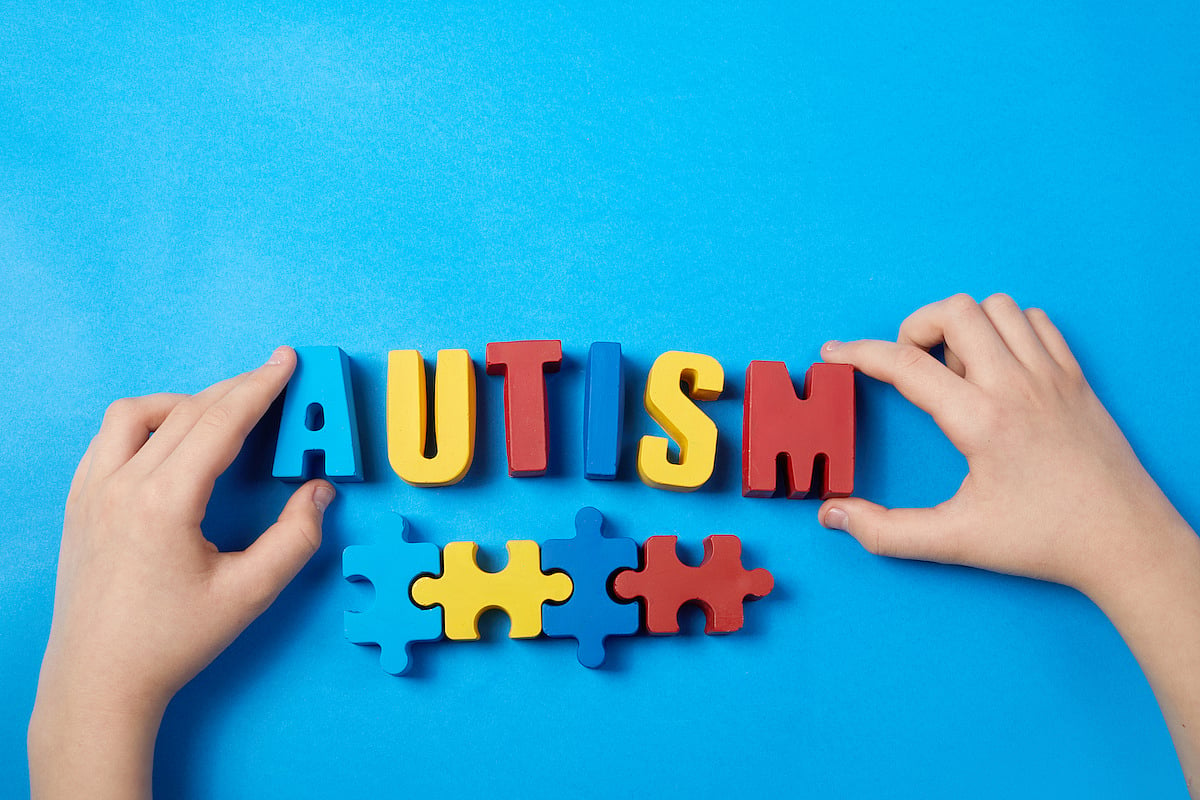Please call us to schedule your appointment or if you need us to help you decide which vaccinations you need.
(315) 848-3784
NEW! Access your prescriptions online. Click "Sign Up Today!" to create a new account.
Download our NEW Mobile App!
Manténgase sano!

- Dennis Thompson
- Posted August 9, 2024
How Likely Is It That Autism Recurs in One Family?
There’s a good chance that if one child in a family has autism, another will also develop the disorder, a new study suggests.
Children are seven times more likely to be diagnosed with autism if an older sibling has the disorder, researchers reported recently in the journal Pediatrics.
“Pediatricians and family members have to keep a diligent eye on infants born into families with an already diagnosed autistic child,†said researcher Rebecca Landa, vice president and executive director at the Kennedy Krieger Institute’s Center for Autism Services, Science and Innovation. “Early referral for diagnostic evaluation is crucial to ensure support, resources and intervention.â€
For the study, researchers analyzed data from more than 1,600 infants with an older sibling with autism. The infants were evaluated repeatedly between the age of 6 months and 3 years old.
Results showed that 1 in 5 children (20%) whose older sibling has autism are likely to be diagnosed with the disorder as well.
The risk increases with the number of autistic siblings. More than 1 in 3 (36%) children will develop autism if they have more than one older sibling with the disorder, results showed.
The study also found that the sex of a child significantly influences risk of autism.
Younger siblings of female autistic children were more likely to develop autism (35%) compared to siblings of males (23%).
On the other hand, male younger siblings had a higher likelihood of being autistic than females.
About 19% of white families had autism reoccur in another sibling, compared with 25% across other races, results showed.
“The scale and diversity of this group of infants, compared to our prior recurrence rate study published over a decade ago, gives strong evidence that these recurrence rates are reliable," Landa said in a Kennedy-Krieger news release.
Maternal education also appears to play some role in a child’s risk of autism.
Autism recurred in younger siblings about 33% of the time for moms with a high school education or less, researchers found. That risk decreased for mothers with higher education.
“It’s crucial that we ensure families facing social inequities have access to resources, education and providers,†Landa said. “Every single child with autism and their family deserve this support.â€
More information
Autism Speaks has more about autism spectrum disorder.
SOURCE: Kennedy Krieger Institute, news release, Aug. 7, 2024







